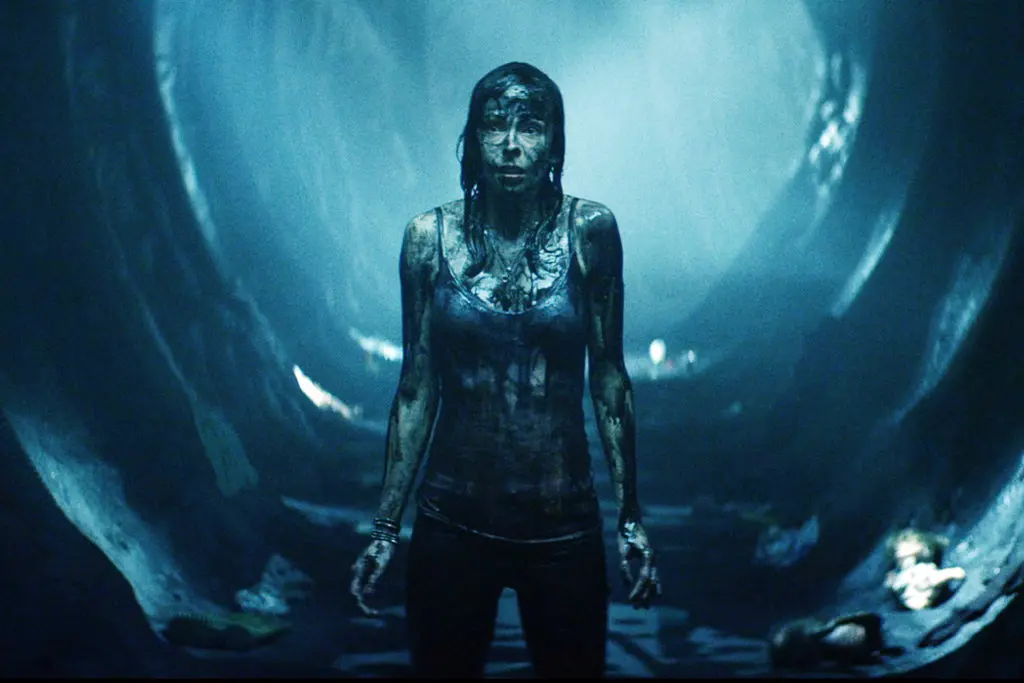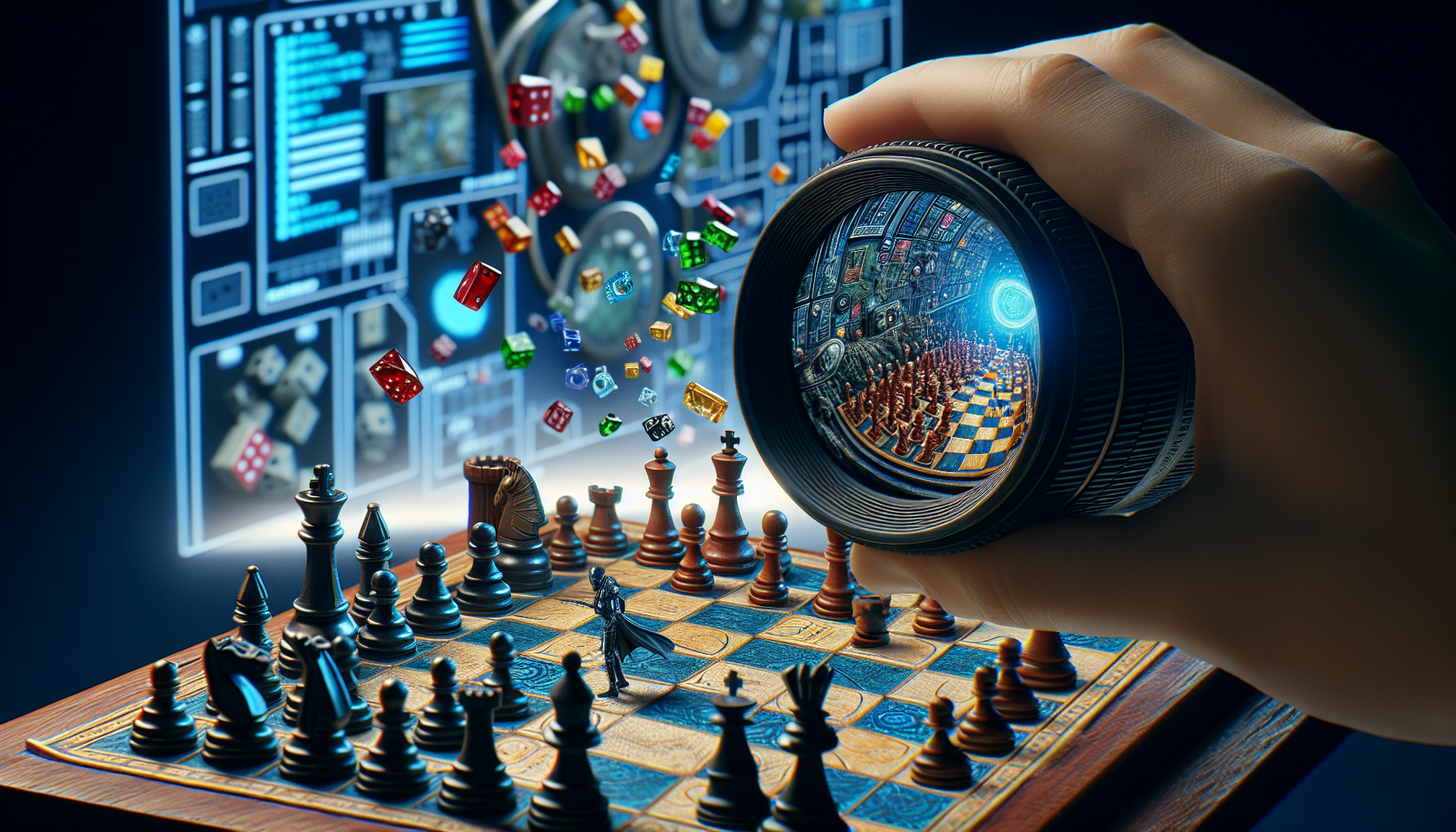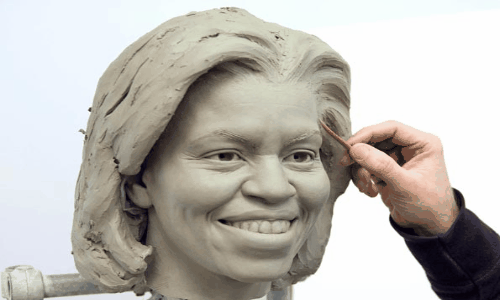Adverts
The Evolution of Psychological Horror
Psychological horror is nothing new in cinema, but its rise in the modern scene is impressive. Unlike conventional horror, which often relies on sudden scares and special effects, psychological horror focuses on manipulating the viewer's emotions and mind.
Movies like “Run!” and "Hereditary" showed that it is possible to create a scary atmosphere without resorting to clichés.
Adverts
This new wave of psychological horror is more interested in exploring deep, existential fears, using complex narratives and well-developed characters.
Key Elements of Modern Psychological Horror
Atmosphere Building
One of the pillars of modern psychological horror is the construction of a tense and oppressive atmosphere. This is achieved through the use of:
Adverts
- Subtle Lighting: Soft lights and shadows are used to create a sense of discomfort.
- Soundtrack: Unsettling music and sounds help to heighten the tension.
- Claustrophobic Environments: Small, enclosed spaces increase feelings of suffocation and fear.

Complex Characters
Another defining characteristic of modern psychological horror is the depth of the characters. Instead of one-dimensional characters, modern films feature protagonists with rich backstories and internal conflicts.
This not only makes the plot more engaging, but also allows the viewer to emotionally connect with the characters, making the fear even more palpable.
Intricate Plots
Modern psychological horror also stands out for the complexity of its plots. Instead of a linear narrative, these films often use:
- Flashbacks: To provide context and deepen the plot.
- Multiple Perspectives: To explore different points of view and create layers of meaning.
- Ambiguous Ending: Leaving the audience with more questions than answers, prolonging the feeling of discomfort.
Cultural and Social Impact
Modern psychological horror is not just entertainment; it also reflects and comments on contemporary social and cultural issues. Films like "Us" and “The Babadook” explore themes such as inequality, mental health and identity, offering a disturbing mirror of today's society.
This approach makes the genre even more relevant and impactful, as it goes beyond scares and delves into issues that really matter.
Related articles:
Representation and Diversity
Another positive trend is the growing diversity and representation in psychological horror. Filmmakers from different cultural backgrounds are bringing new perspectives and stories to the genre, enriching it and making it more inclusive.
This not only expands the reach of psychological horror, but also provides a platform for voices that were previously marginalized.
Striking Examples
“Hereditary” (2018)
Directed by Ari Aster, "Hereditary" is a perfect example of how devastating psychological horror can be. The film explores grief, trauma, and family heritage in a way that is both terrifying and deeply emotional.
“The Invisible Man” (2020)
This film directed by Leigh Whannell reimagines a horror classic with a modern psychological twist. The story of a woman who believes she is being stalked by her abusive ex, who has turned invisible, is a powerful metaphor for abuse and gaslighting.
“Midsommar” (2019)
Also directed by Ari Aster, “Midsommar” takes place during a summer festival in a remote Swedish village. The film uses daylight and a seemingly idyllic setting to create a sense of unease and growing terror.
Conclusion
In short, the rise of psychological horror in modern cinema represents a significant evolution in the horror genre.
This new approach is distinguished by the use of subtle techniques, such as careful lighting, unsettling soundtracks and claustrophobic environments, to create an atmosphere charged with tension.
Furthermore, films in this genre invest deeply in the development of complex characters and intricate plots, which frequently use flashbacks, multiple perspectives and ambiguous endings to keep the audience in a state of constant apprehension.
But that's not all. Modern psychological horror also stands out for its cultural and social impact. Works such as "Us" and “The Babadook” don't just scare; they comment on contemporary social and cultural issues like inequality and mental health, making the genre even more relevant and resonant.
The growing diversity and representation in psychological horror are also strengths, bringing new voices and perspectives that enrich the genre.
Exemplary films such as "Hereditary", “The Invisible Man” and “Midsommar” demonstrate the power of psychological horror to explore deep, emotional themes, offering cinematic experiences that are both terrifying and thought-provoking.
This new wave of horror not only redefines what it means to be afraid, but also expands the horizons of horror cinema, providing a rich and multifaceted experience for viewers.
For those interested in exploring more about this fascinating subgenre, we recommend checking out the aforementioned works and delving into critical analyses and discussions that reveal the layers and meanings behind these groundbreaking films. 🎬



